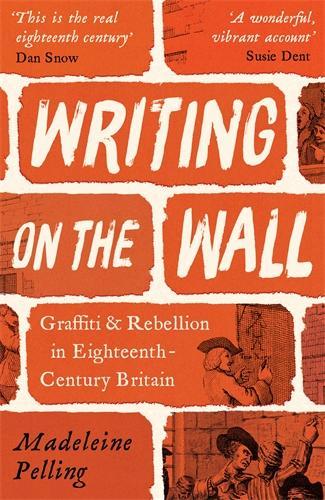The book explores the role of chalk graffiti in 18th-century Britain, highlighting its use in communication, rebellion, and political unrest. It delves into historical examples and the transient nature of chalk messages, offering a unique perspective on the era's social dynamics.
In this engaging analysis, Madeleine Pelling reveals how chalk graffiti became a powerful tool for expression and rebellion in 18th-century Britain. From humorous scrawls in taverns to politically charged messages, the book captures the vibrant, often irreverent voice of the time. Pelling's use of Hurlo Thrumbo's 'The Merry-Thought' adds a fascinating layer, showcasing the spontaneity and dialogue inherent in graffiti. The book not only highlights the cultural significance of these markings but also their role in shaping public opinion during turbulent periods.
Quick quotes
The medium by which meetings were arranged, debts and wagers settled, tabs in taverns recorded, jokes made and insults spelt out: chalk markings were everywhere in the 18th-century cityscape.
There’s Nothing foul that we commit, But what we write, and what we “sh — t”.
Chalk converted, in Pelling’s words, ‘the nation’s surfaces into crucial battlefields’ during times of political unrest.
